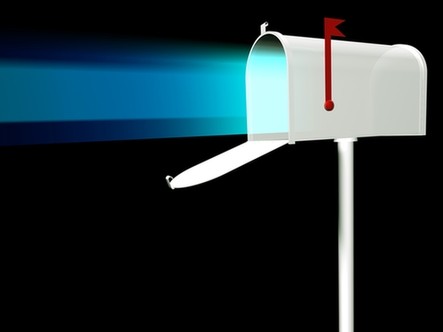先有垃圾邮件,现有培根邮件。似乎两种都不怎么招人待见。今天,咱们就来说说这个“培根邮件”。

First there was spam. Now there is bacn (pronounced "bacon"), the latest buzzword to infiltrate the Internet.
刚开始是垃圾邮件,现在又来了个培根邮件。培根邮件(bacn)是目前互联网上无处不在的一个热门词汇。
According to the bloggers who invented the term, bacn is e-mail you want to read — just not now. It's Facebook notifications, bank statements, Google news alerts, or any of the other sundry e-mails that you asked for, yet quickly pile up unread—like a week's worth of newspapers.
发明该词的博主给出的定义是:培根邮件是你想看的邮件,只不过不是马上就看的那种。培根邮件可能是来自Facebook的新提醒、银行帐户的变动通知、谷歌发送的新闻提示,以及其它各类你自己订阅的邮件。这些未读邮件会迅速堆积起来,就像积了一周的报纸放在一起。
Bacn is so-named because it's better than spam, but not as good as a personal e-mail. And unlike spam, bacn is self-inflicted. You signed up for it, and you actually do want that information. But yet it still feels like it's wasting your time.
另取名为“bacn(培根)”,是因为这类邮件并没有垃圾邮件那么烦人,但也不像个人邮件那么讨人喜欢。而且,跟垃圾邮件不同的是,培根邮件是用户自发订阅的。你注册订阅了这些邮件,你也确实需要邮件中提供的信息。只是你仍然会觉得阅读这些邮件是在浪费时间。
相关阅读
(中国日报网英语点津 Helen)